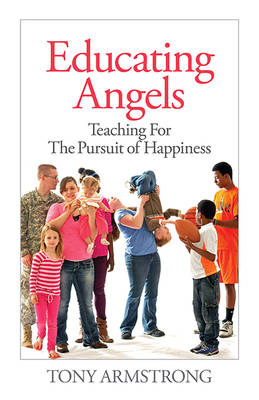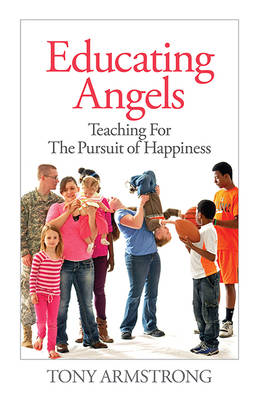
- Afhalen na 1 uur in een winkel met voorraad
- Gratis thuislevering in België vanaf € 30
- Ruim aanbod met 7 miljoen producten
- Afhalen na 1 uur in een winkel met voorraad
- Gratis thuislevering in België vanaf € 30
- Ruim aanbod met 7 miljoen producten
Zoeken
Omschrijving
School reform and accountability tests have been hotly debated for decades, but the goal of reform and accountability has not. Most agree that the main problem with contemporary education is that it fails to adequately prepare students with the "21st century skills" needed to find jobs and promote national competitiveness in the global economy. Tony Armstrong challenges both the morality and the consequences of pushing this purpose of education. He says it is immoral because it neglects our children's deepest aspiration--happiness--and treats them as mere cogs in the economic machine. Dr. Armstrong shows how methods of well-being based on happiness research--mindfulness, gratitude, perspective--can greatly improve kids' chances to feel better in the present and to live happier lives in the future. And the kindergarten-through-college "happiness pedagogy" he presents would also be a superior way to teach those "21st century skills."
Specificaties
Betrokkenen
- Auteur(s):
- Uitgeverij:
Inhoud
- Aantal bladzijden:
- 288
- Taal:
- Engels
- Reeks:
- Reeksnummer:
- nr. 9
Eigenschappen
- Productcode (EAN):
- 9781624910135
- Verschijningsdatum:
- 1/11/2013
- Uitvoering:
- Paperback
- Formaat:
- Trade paperback (VS)
- Afmetingen:
- 140 mm x 213 mm
- Gewicht:
- 204 g

Alleen bij Standaard Boekhandel
+ 61 punten op je klantenkaart van Standaard Boekhandel
Beoordelingen
We publiceren alleen reviews die voldoen aan de voorwaarden voor reviews. Bekijk onze voorwaarden voor reviews.











